If you’re following the smart home space, you may be seeing the name Matter crop up in relation to big brands like Amazon, Apple, and Google. Matter may even sound like a feature you need if you’re hoping to future-proof your technology. But what is Matter, exactly, and why does it matter in a smart home?
What is Matter?
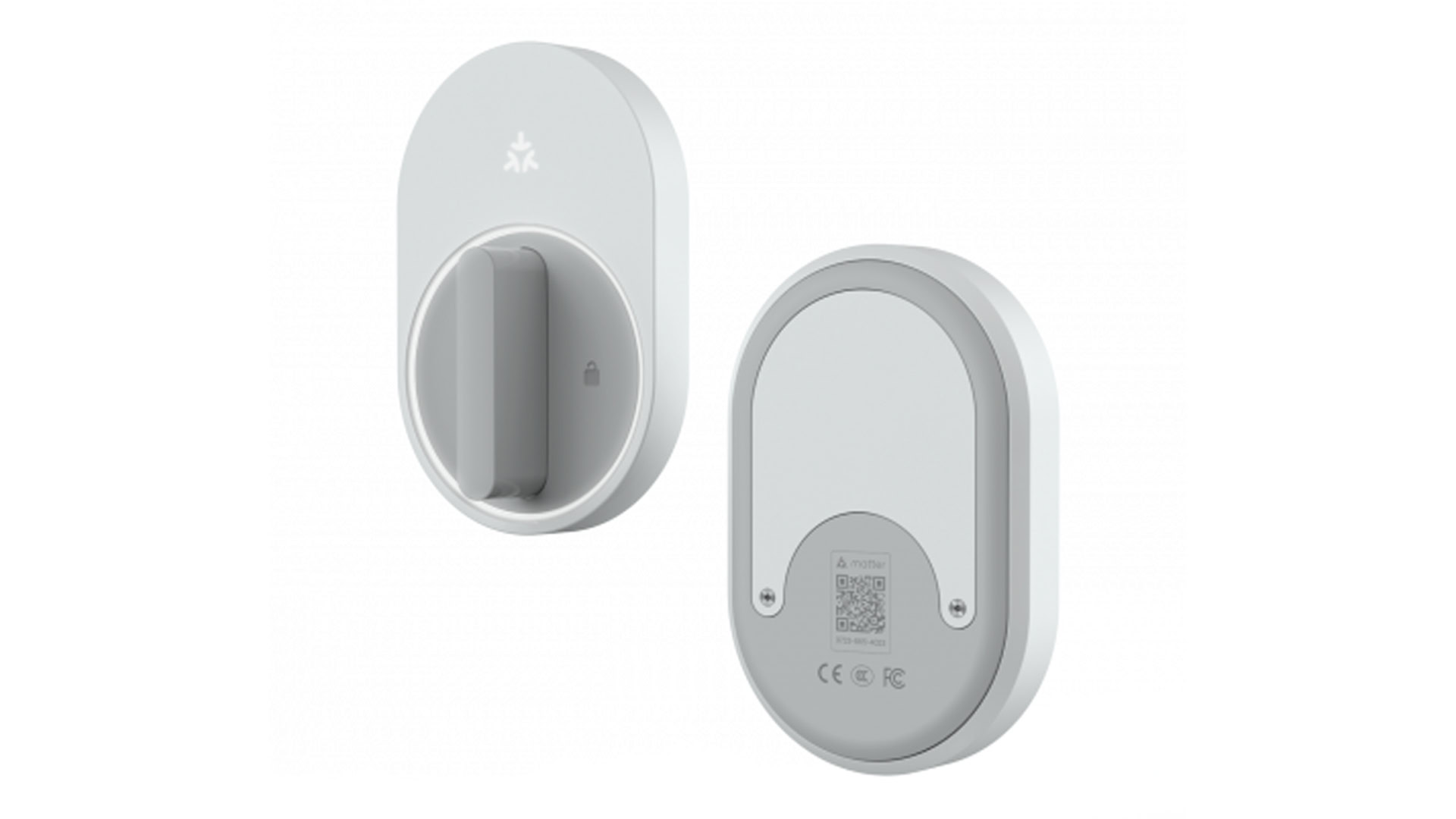
Connectivity Standards Alliance
Matter is a universal networking protocol that lets devices work across all major smart home platforms. If you buy a smart bulb, for example, you shouldn’t have to check if it’s compatible with Amazon Alexa, Google Assistant, or Apple HomeKit — as long as it supports Matter, you’re good to go.
More than this, Matter devices can form a mesh network throughout your home in which connecting to the cloud is optional, rather than mandatory. Matter is an IP-based technology, but essential smart home functions should work regardless of whether accessories can reach the internet or even whether you have a dedicated hub or bridge. You do need the internet and a Matter hub to control your home remotely. If you’re at home, however, you should be able to control and update Matter accessories with as little as your phone.
Matter is a universal networking protocol that lets devices work across all major smart home platforms.
Mesh functions are possible because Matter operates as an application layer on top of technologies like Ethernet, Wi-Fi, Bluetooth, and Thread. Of these, Thread is the most important — it’s a Zigbee-based wireless protocol that smart home devices must specifically support, but it’s significantly less power-hungry than Wi-Fi, while still offering the capacity to extend coverage and make it more reliable. Every Thread product operates as its own “border router” to which other Thread accessories connect, without burdening your Wi-Fi network. With Thread’s low power demands, it can be put in something as simple as a light bulb.
Also read: How to use Amazon Alexa
Why is Matter a big deal?
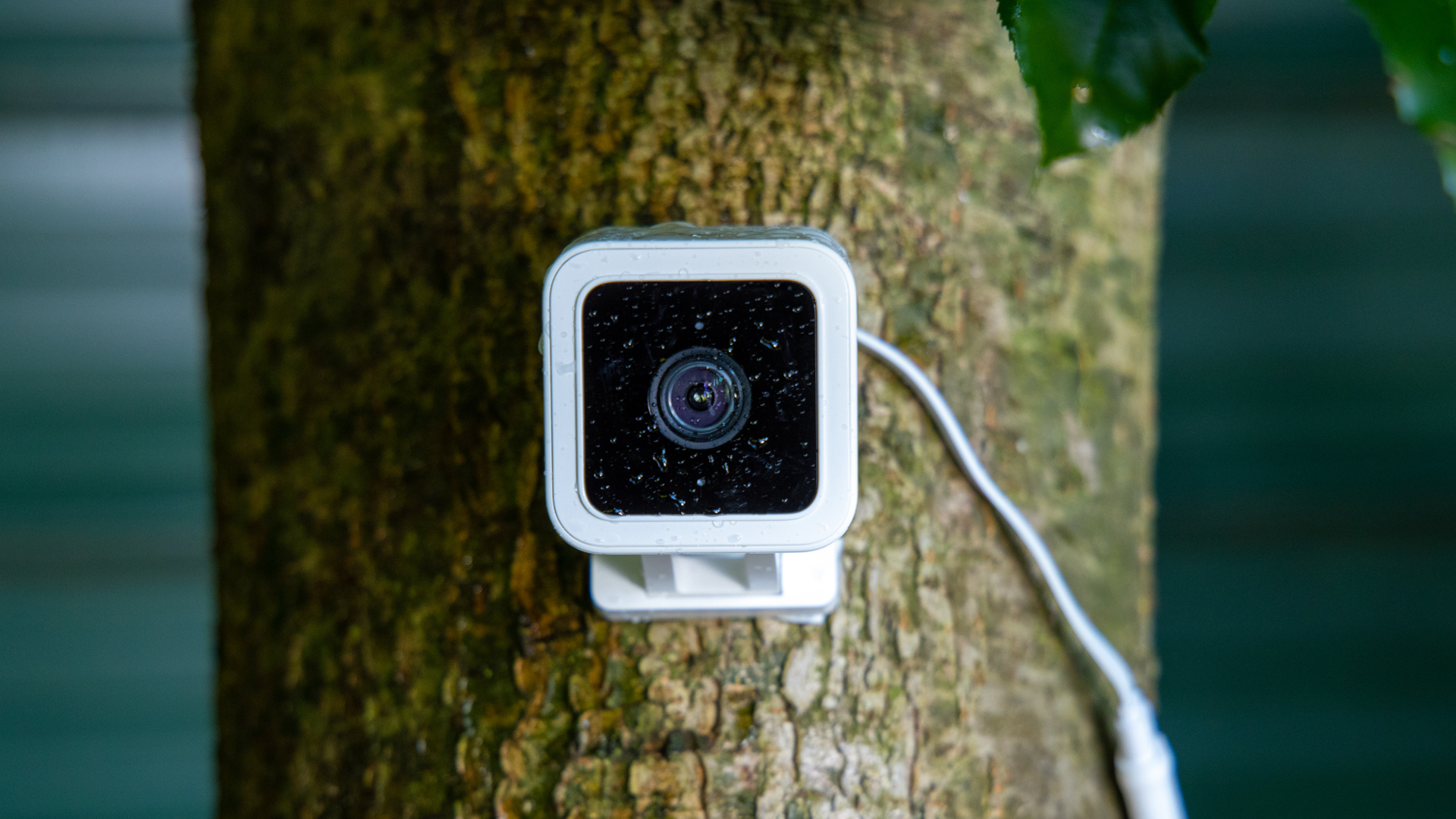
The smart home world can be fractured and confusing, especially if you’re a newcomer. Many accessories that support Alexa also support Google Assistant or vice versa, but that’s not always the case, and Apple HomeKit has fewer compatible products than either of those platforms. It may not be clear why you should choose one platform over another, and even once you’ve made a decision, you’re limited to a slice of the accessory market rather than whatever has the looks or specs you’re after.
Once it becomes widely adopted, Matter should be a win-win for both the public and the smart home industry. The public will get a broader range of options, not to mention more reliable connectivity. Device makers should be able to expand their market and spend less time enabling platforms, while the platform holders themselves will have to worry less about drumming up partners.
Once it becomes widely adopted, Matter should be a win-win for both the public and the smart home industry.
The importance of reliable connections shouldn’t be undersold. Smart home accessories are often scattered across multiple rooms, or outside, and they can periodically drop off your network if they don’t have a solid signal. Dropouts can also be a problem for people who have dozens of Wi-Fi devices, since routers can only handle so many simultaneous connections. Overload is less likely with Wi-Fi 6, but devices with both Matter and Thread can remove the threat entirely.
Related: Wi-Fi 6 explained
Which manufacturers are supporting Matter?
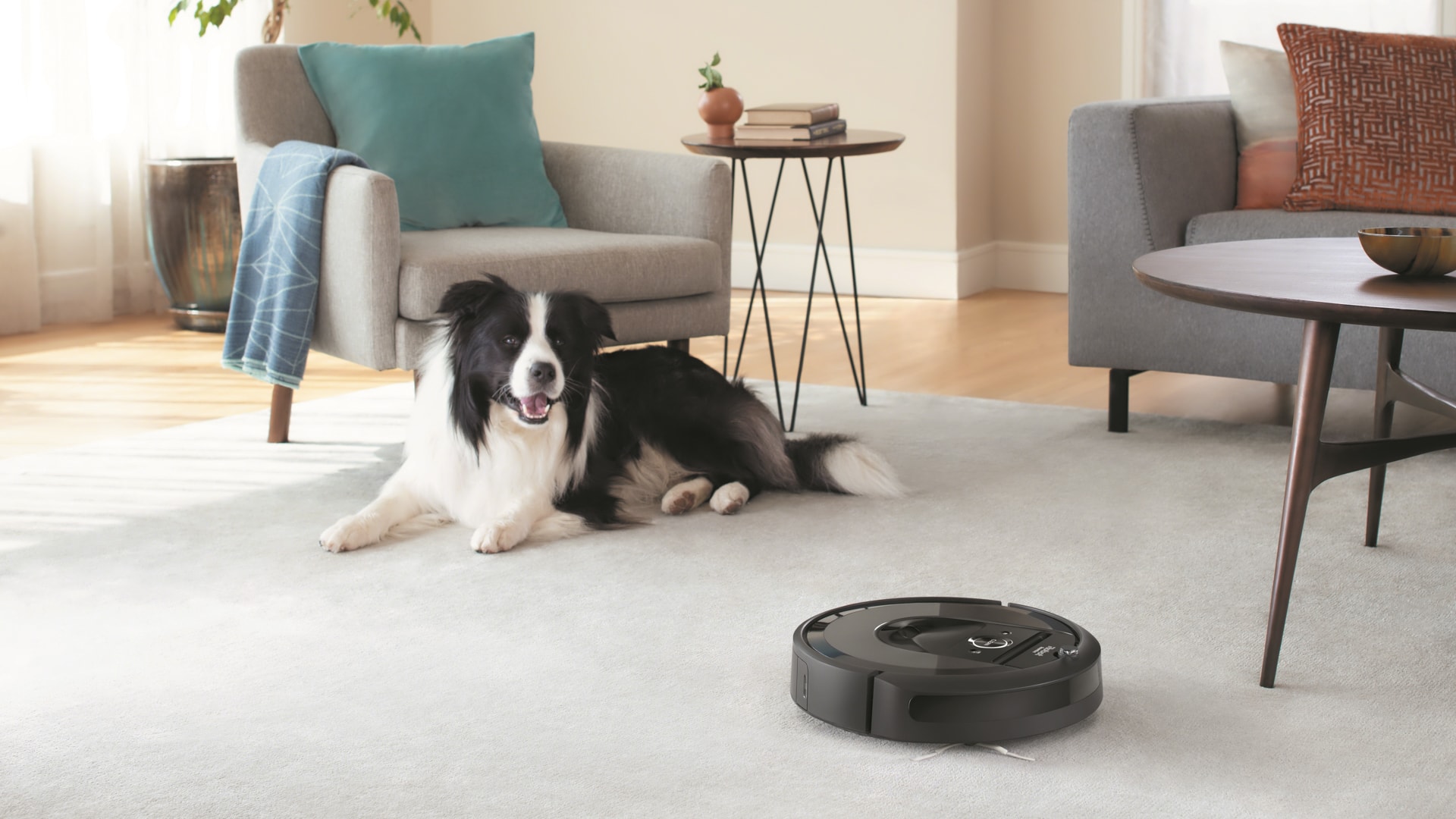
Matter’s organizing body is the Connectivity Standards Alliance, formerly the Zigbee Alliance. The CSA’s core members are a who’s-who of the smart home world, including not just Amazon, Apple, and Google but also Samsung and its less popular SmartThings platform. Some other participating brands include:
- ADT
- Assa Abloy/Yale
- Belkin
- Bosch
- D-Link
- Ecobee
- Eve
- Haier
- Honor
- Huawei
- Ikea
- iRobot
- Kwikset
- Leviton
- LG
- Lifx
- Logitech
- Lutron
- Nanoleaf
- Netatmo
- Oppo
- Panasonic
- Schlage
- Sengled
- Signify (Philips Hue)
- Somfy
- Tesla
- Velux
- Vivint
- Wyze Labs
- Xiaomi

Adam Molina / Android Authority
A completed Matter specification and SDK (software development kit) are due by the middle of 2022. You’ll see Matter-certified devices by the end of the year, and some compatible products are already on the market, such as Amazon’s fourth-generation Echo. They’re just waiting for someone to flip a switch, figuratively speaking.
Notably, not every Matter device will include Thread, at least at first. The latter technology is already enabled in a few products, however, such as Apple’s HomePod Mini and Nanoleaf’s Essentials bulbs and lightstrips. Other devices, like the Amazon Echo, are Thread-capable but haven’t had it activated.
What are some Matter alternatives?
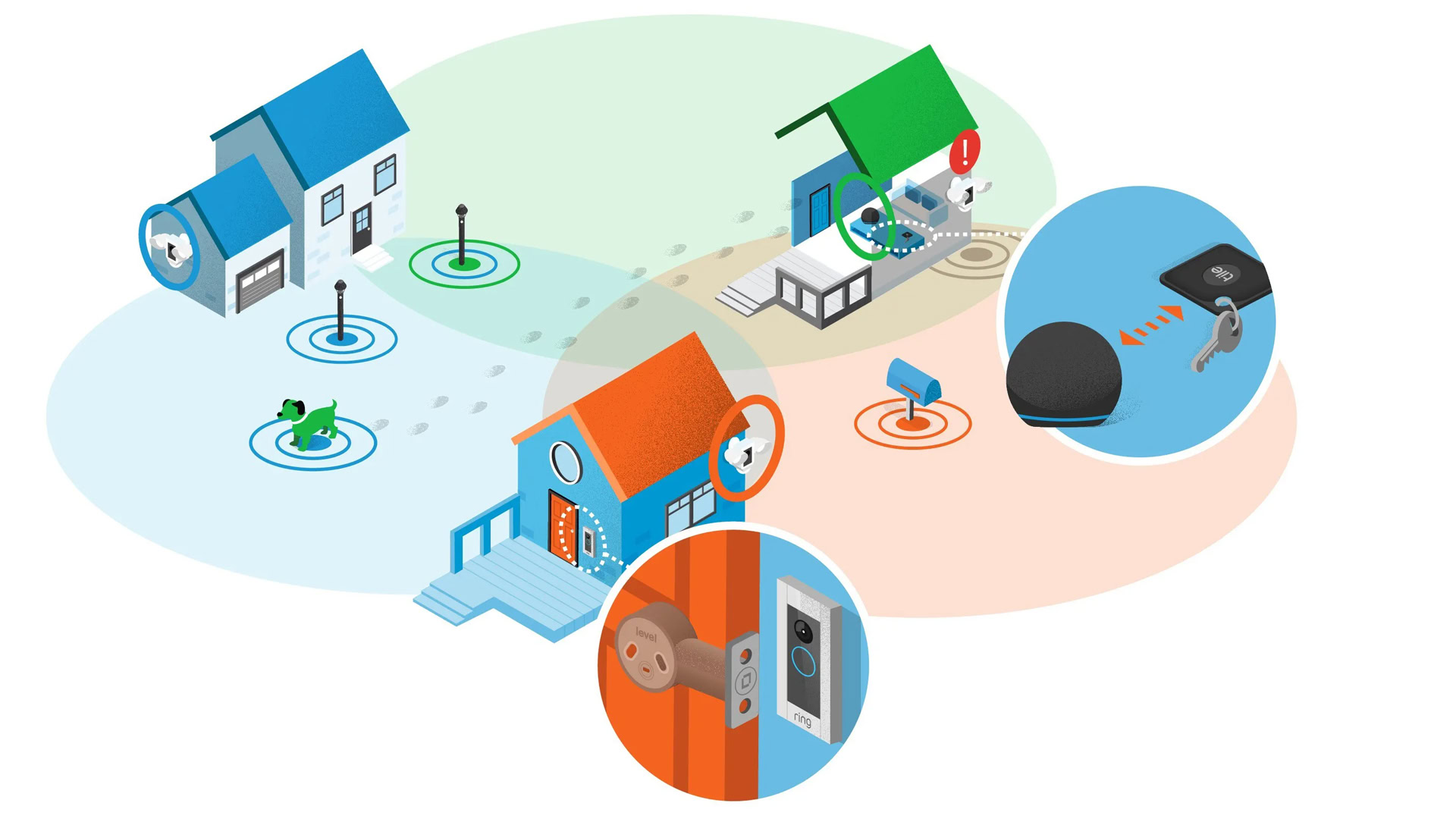
There’s nothing fully equivalent to Matter, but Zigbee and Z-Wave are both low-power and (relatively) platform-agnostic. That is, if you pair supported accessories to a Zigbee or Z-Wave hub, it’s only that hub that needs to be compatible with something like Alexa or Google Assistant.
Amazon has a technology called Sidewalk, which can help extend the range and reliability of smart home devices. Only select Amazon products can serve as Sidewalk bridges, however, and a small portion of your bandwidth may be shared with neighbors if they have Sidewalk too. While Amazon swears that the protocol is secure, the notion of involuntary bandwidth sharing has prompted some people to disable it via the Alexa app, and it wouldn’t be surprising if Amazon abandoned the protocol once Matter over Thread takes off.
Should I wait to buy Matter devices?
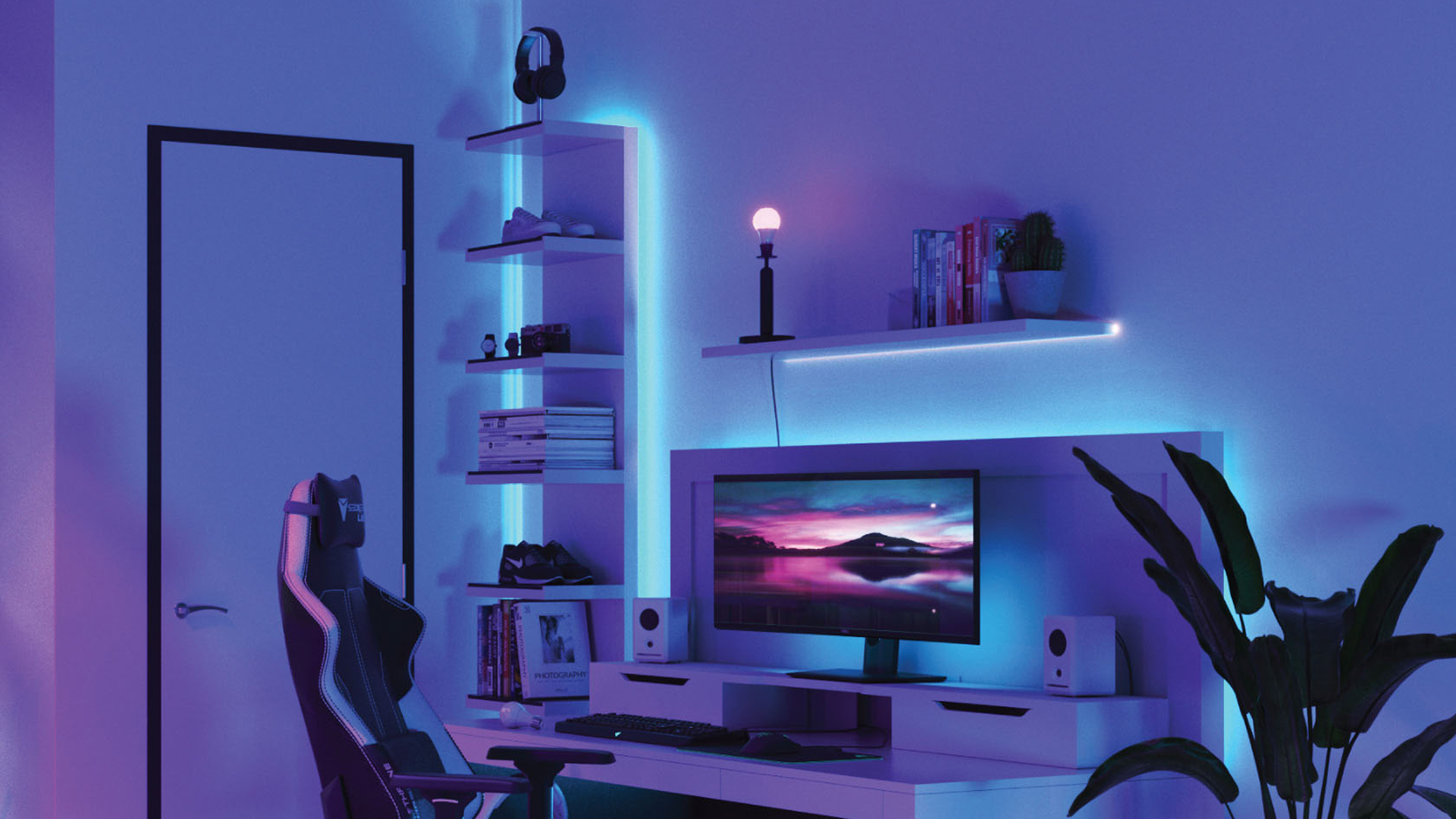
Possibly. If you have existing smart home accessories and they’re plagued by shaky or oversaturated Wi-Fi connections, adopting Matter could (in theory) make a huge difference. The catch is that you’ll probably have to upgrade multiple products at once to see the benefits, including anything you’re using as a hub if it can’t get Matter as a software update.
If you’re not concerned about your current Wi-Fi coverage, or occasionally operating without internet access, Matter is really just a nice perk. A device that supports Alexa, Homekit, or Google Assistant will continue to support those platforms once Matter is available, so if you’re already committed to a platform, you can pull the trigger on any compatible accessory.
Read more: The best budget devices for building a starter smart home

